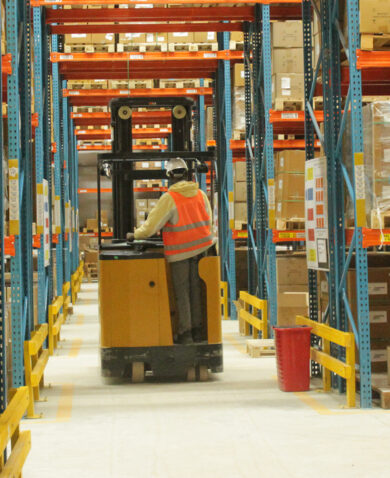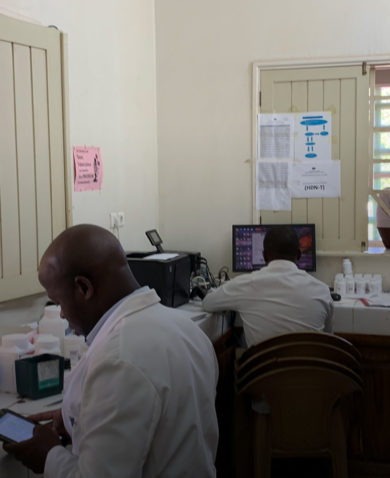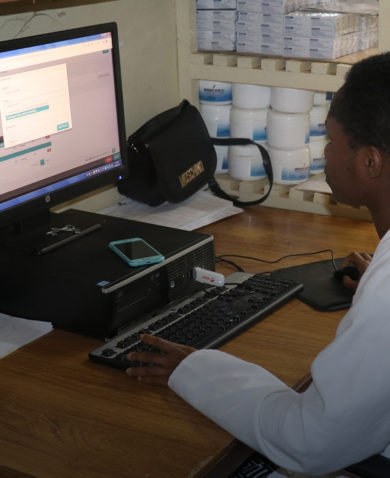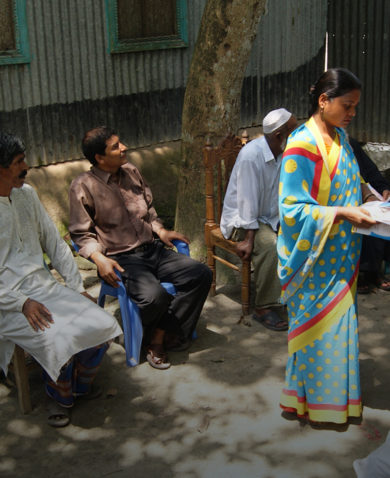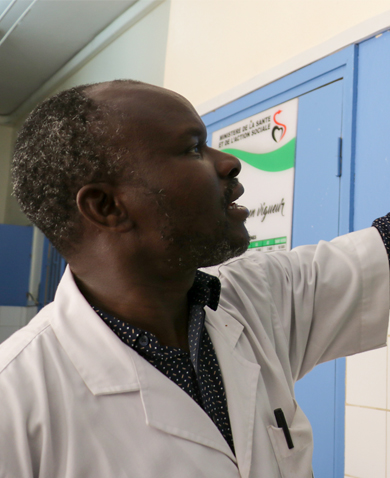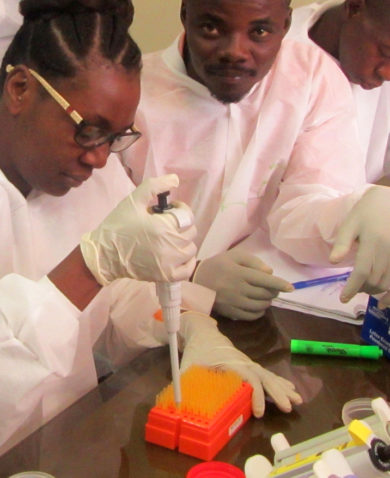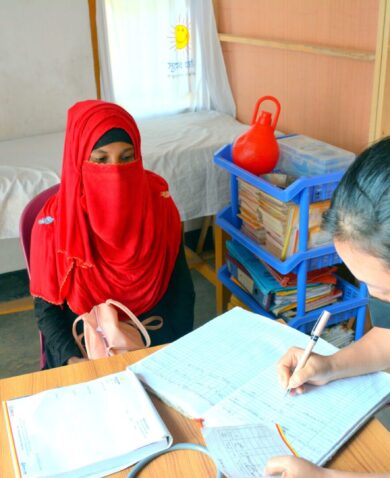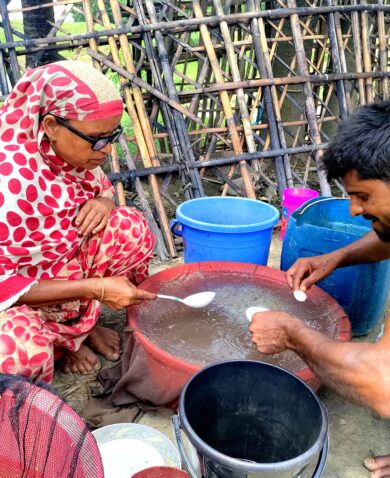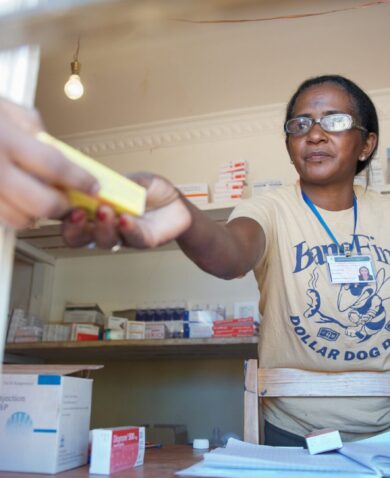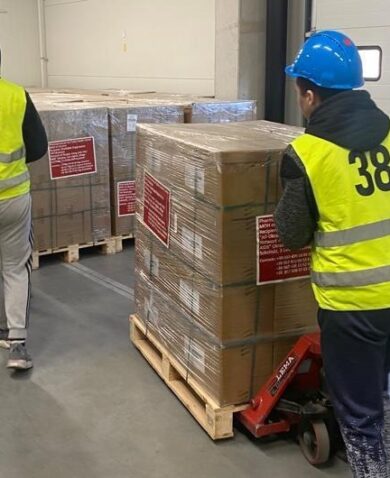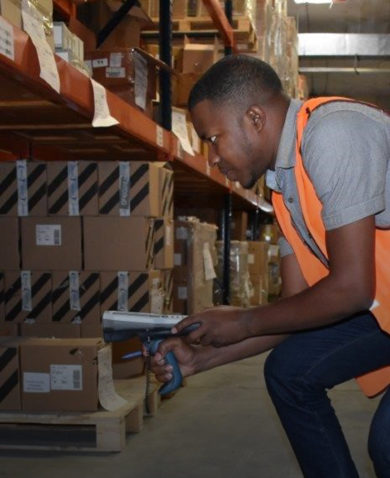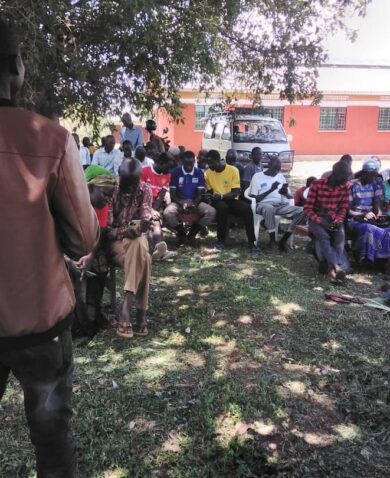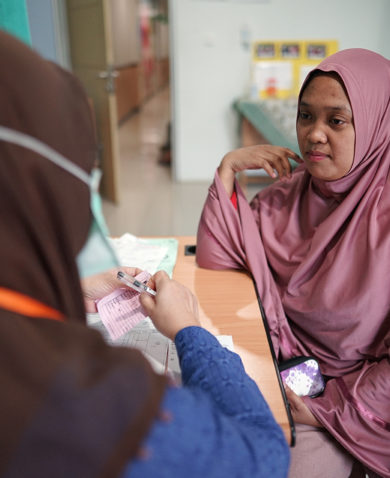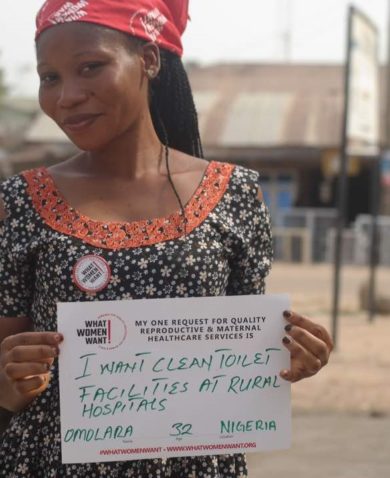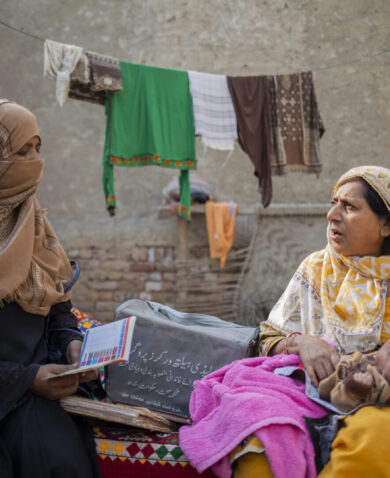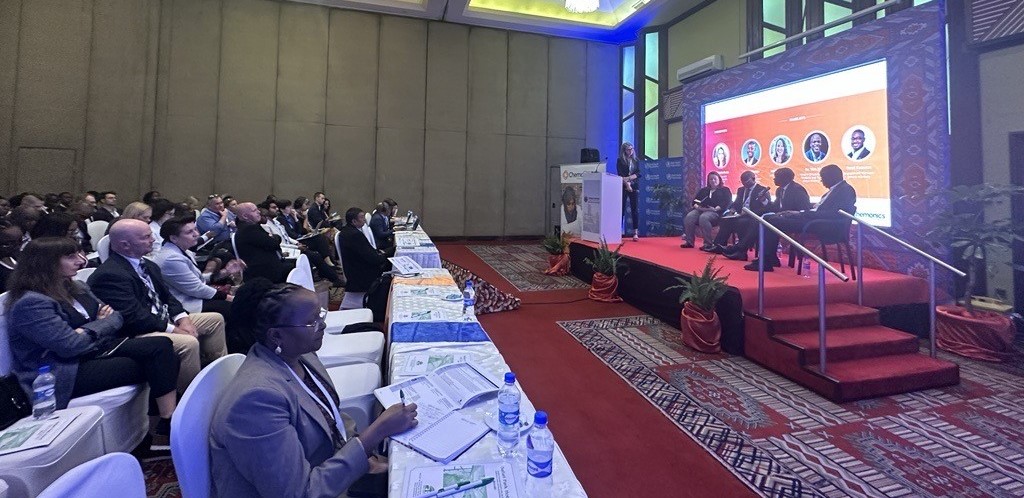
The Global Health Supply Chain Summit: Inspiration and Enthusiasm
December 27, 2023 | 3 Minute ReadGovernance was a consistent topic throughout the summit.
I loved attending this year’s Global Health Supply Chain Summit (GHSCS) in Nairobi. Our staff from Burkina Faso, Kenya, Niger, Rwanda, Zambia, and Washington, D.C., joined more than 400 other supply chain professionals and participated in a series of presentations and panels.
Not only was Chemonics a co-sponsor of the November event, but we hosted an insightful panel on Strengthening Supply Chain Governance for Sustainable Health Outcomes. Governance and sustainability were two key ideas repeated at the summit under the theme “The Journey to Self-Reliance: Sustainable and Resilient Supply Chains for Equitable Access to Healthcare.”
This year’s summit had a positive outlook on the future of the global health supply chain, linked to improvements in governance and country ownership, better supply chain performance, and the prospect of developing the local pharmaceutical manufacturing industry in Africa.
Local Manufacturing
Speaking at a plenary session on local manufacturing, Pushpa Vijayaraghavan, Director of Healthcare and Lifesciences Advisory at Sathguru Management Consultants, said, “I grew from initial skepticism to being truly an optimist now that we can get this done. But we’re not getting the job done unless we are looking ahead in the long term and asking how we are building competitiveness in the market in sub-Saharan Africa.”
The COVID-19 pandemic, and resulting medicines shortages, sparked increased interest in local manufacturing. Many participants at GHSCS argued that the potential for local production in sub-Saharan Africa exists and that there are opportunities to promote success, including pooled procurement, technology transfer, free-trade agreements, preferential procurement/pricing, and mapping of capacity across countries.
Improved Supply Chain Performance
Whether pharmaceuticals are manufactured in the countries where we work or elsewhere, one critical component for ensuring that market’s potential for success is supply chain efficiency. GHSC-PSM Niger Country Director Frederick Persoons had an excellent presentation on how his team achieved better supply chain efficiency in Niger through establishment of a call center to improve data collection.
“We said, ‘Let’s go and get the data’,” Persoons said in his presentation. Achievements included improved data visibility, increased transportation capacity through engagement of third-party logistics providers, and more accurate calculations of commodity needs. Afterwards, several people approached Persoons with keen interest and questions.
To encourage supply chain innovation, each year Chemonics and the Global Health Supply Chain Summit Group sponsor the Global Health Supply Chain Research Challenge to provide seed grants to local research teams studying supply chain challenges in lower- and middle-income countries. The 2022 winners presented their findings at the summit on data utilization for decision-making in Vihiga and Kisumu counties of Kenya.
This year we received a record-breaking 115 submissions and the award, announced in December, went to a group of researchers from Tanzania, who aim to assess the economic and environmental burden of pharmaceutical waste to improve supply chain sustainability.
Good Governance
For improved supply chain performance, government ownership and accountability are critical to ensuring the sustainability of supply chain improvements. That’s why I was particularly excited to attend our side session on Strengthening Supply Chain Governance for Sustainable Health Outcomes. Moderated by our Chemonics Senior Vice President and GHSC-PSM IDIQ Director Judi Heichelheim, the discussion focused on how to strengthen governance structures and policies that enable person-centric health supply chains and allow innovations to thrive.
When asked about what characterizes an ideal supply chain governance system, Leah Hasselback, Supply Chain Lead for USAID/Kenya said, “Ownership, accountability for supply chain, and having a vision and a strategy. It makes it easy as a donor to support when a strategy is in place. We can really do a lot together when there is good strong governance and funding and technical support to back that up.”
Looking toward the future, James Riungu, Chief of Party for the GHSC-PSM Afya Ugavi Activity, had these recommendations for how to build sustainable health supply chains.
“We cannot over emphasize the need for capacity-building in governance and overall supply chain management,” he said. “Reward good governance. It becomes a big incentive for new players.”
For more information about the summit, including our panels and presentations, check out the GHSC-PSM Conference Hub!


